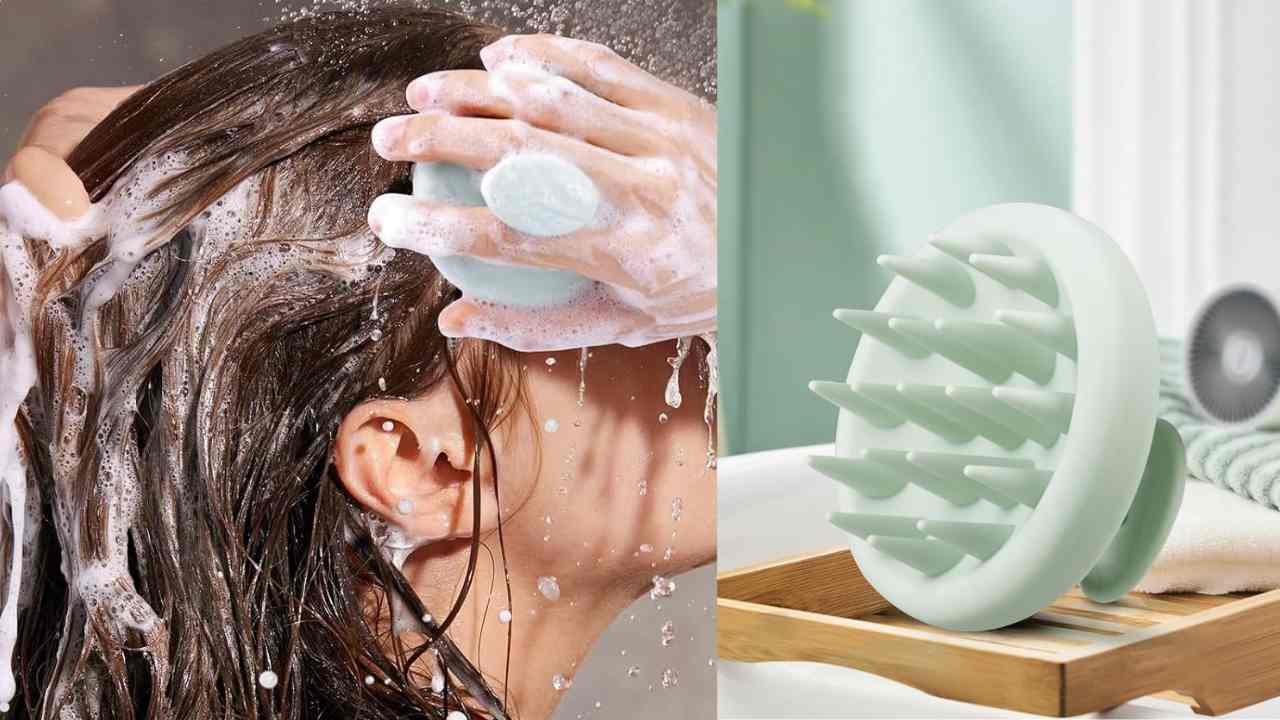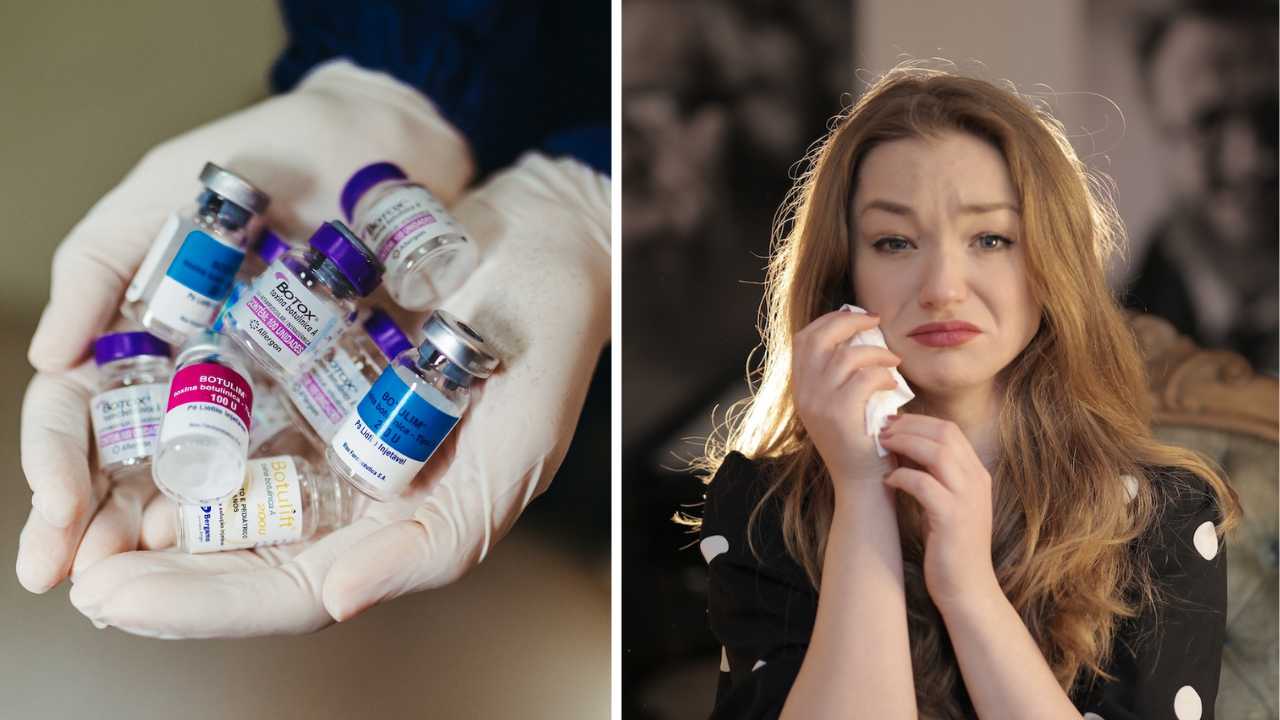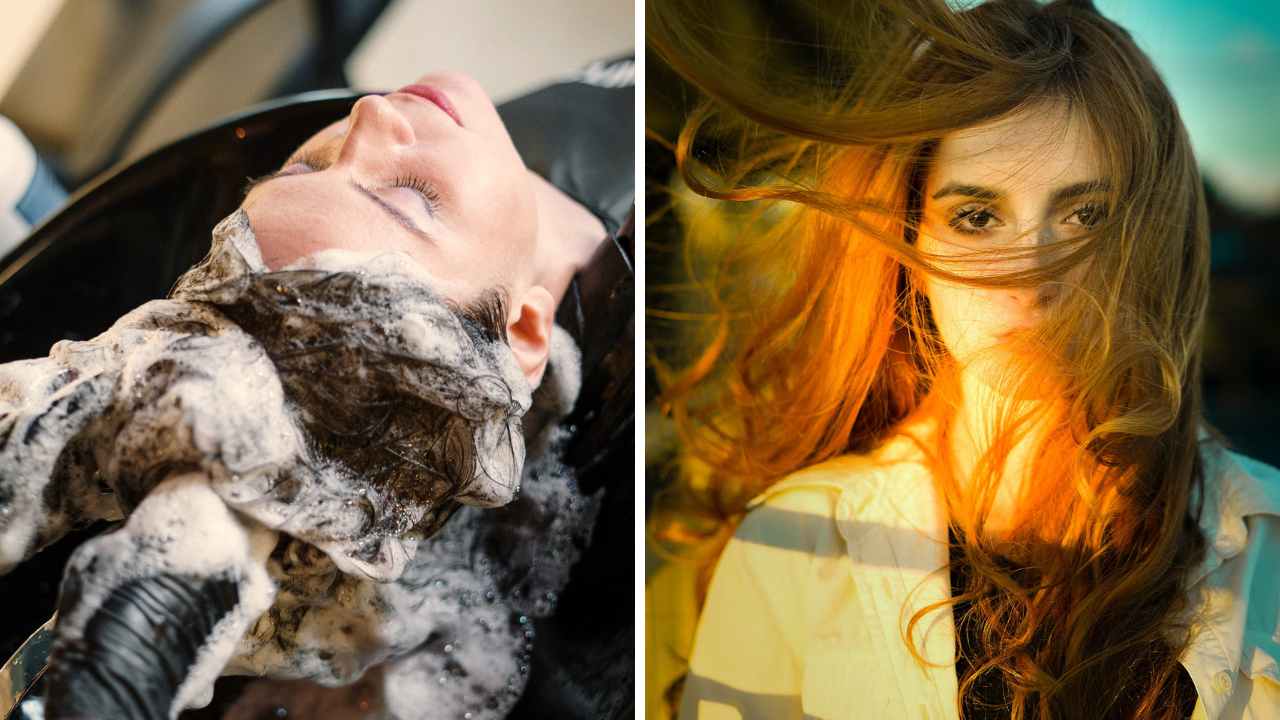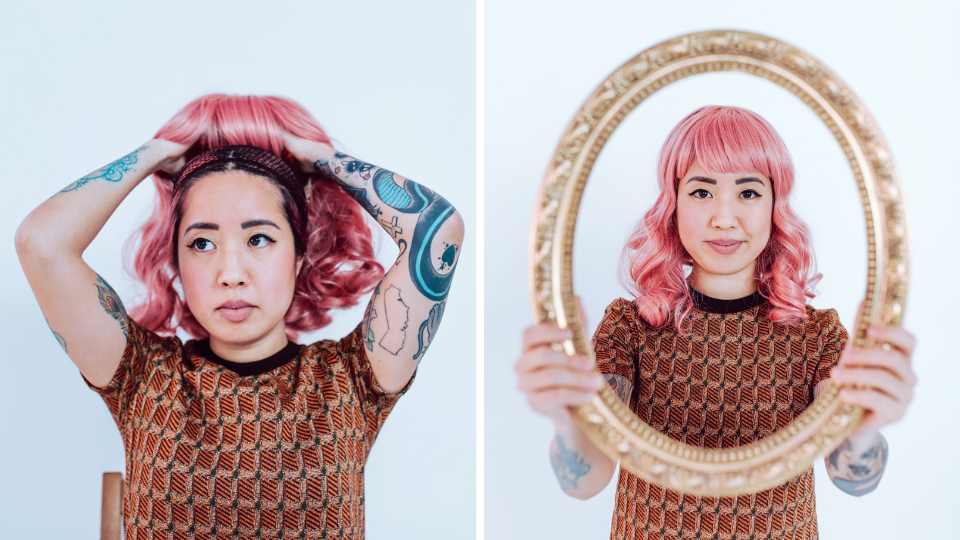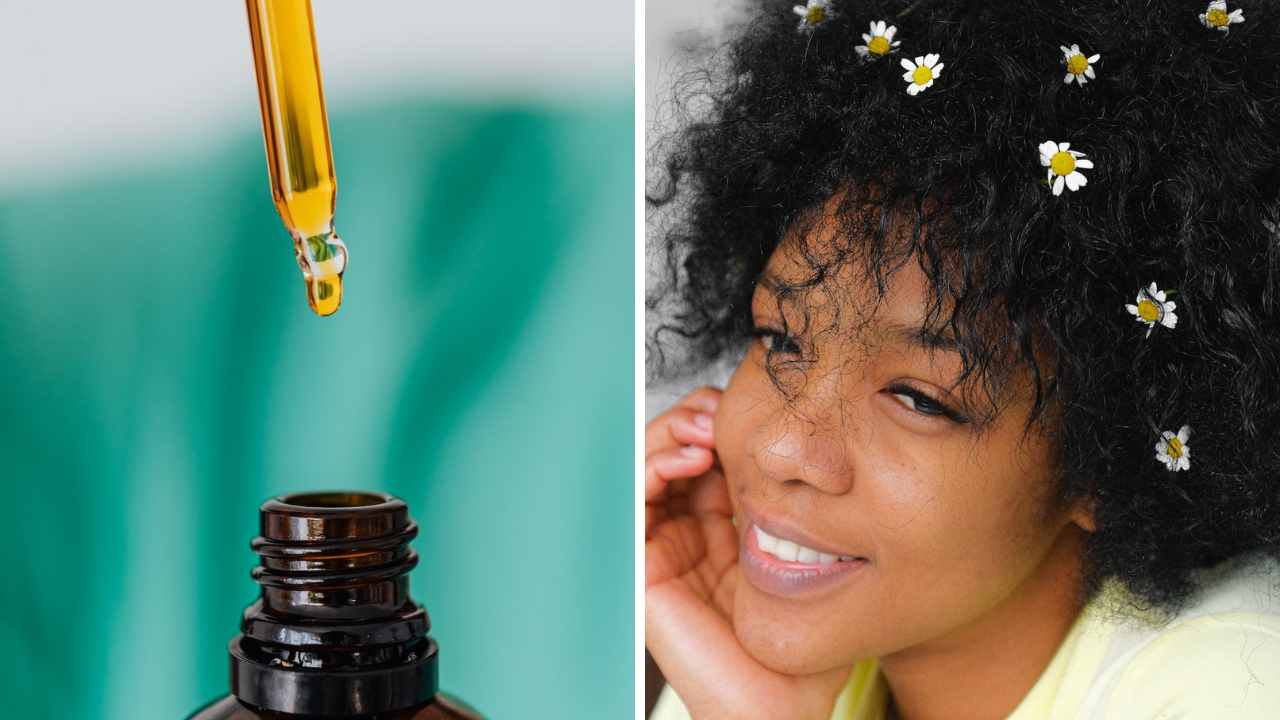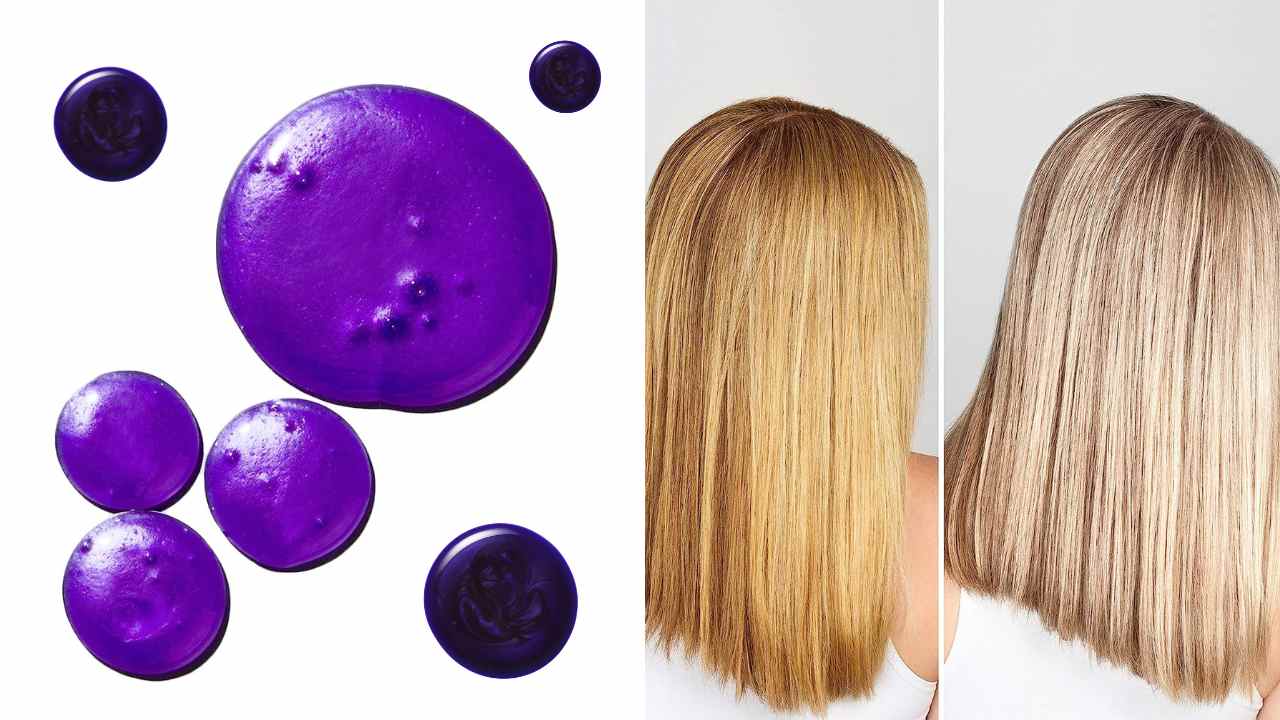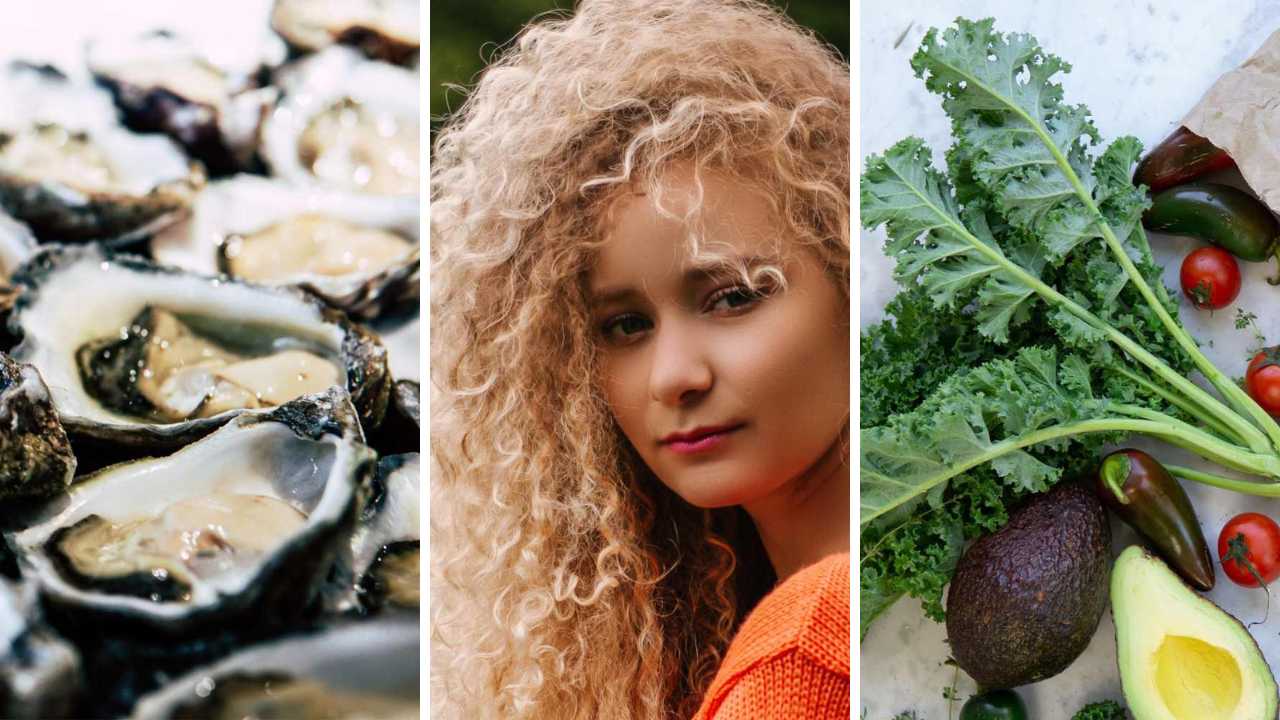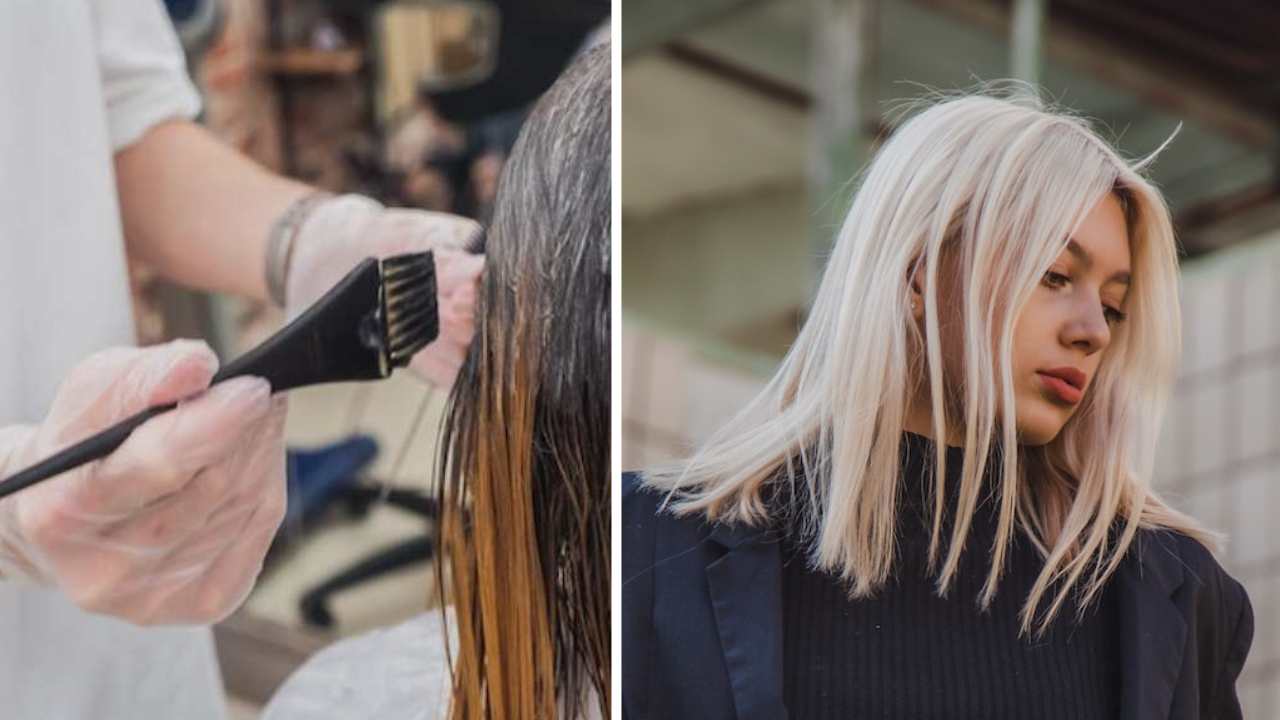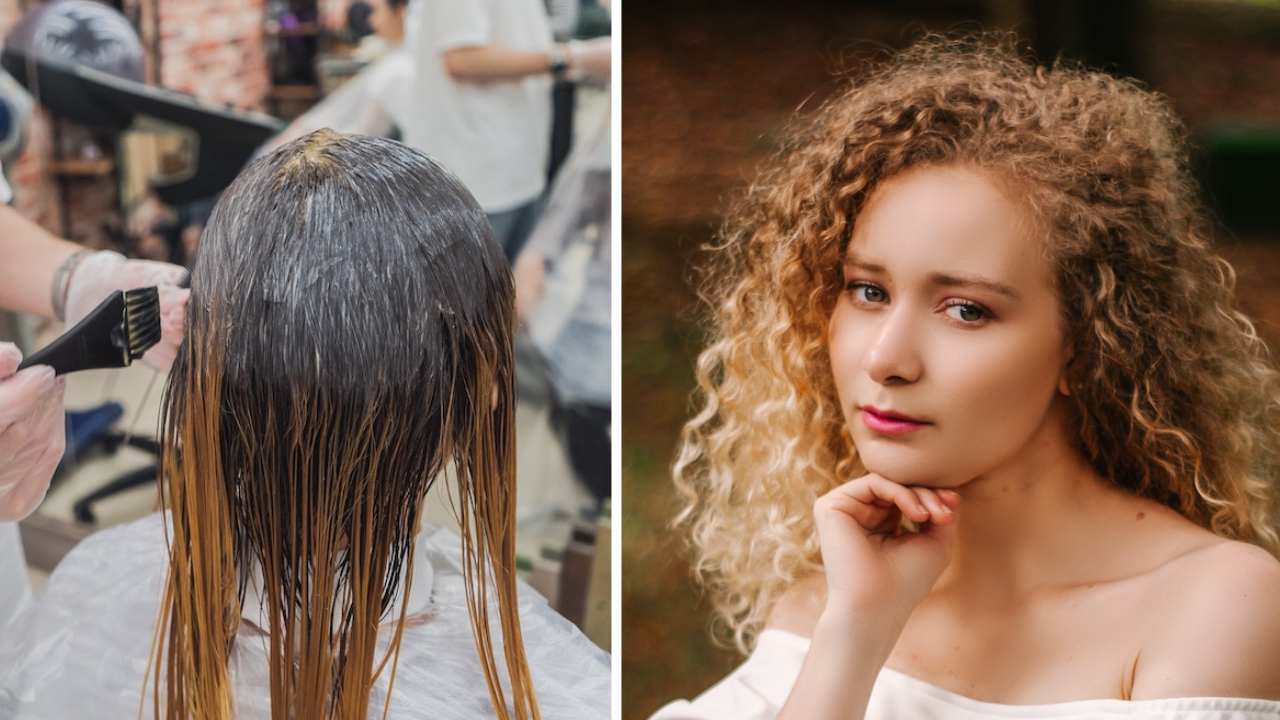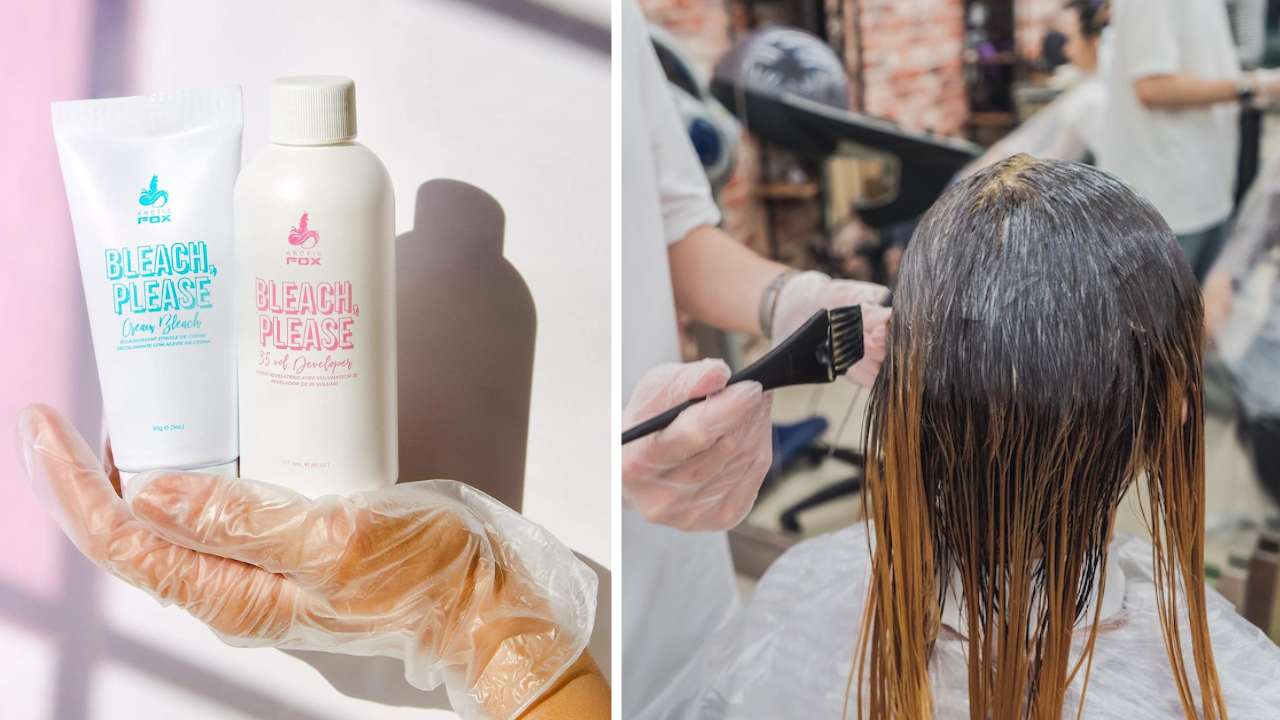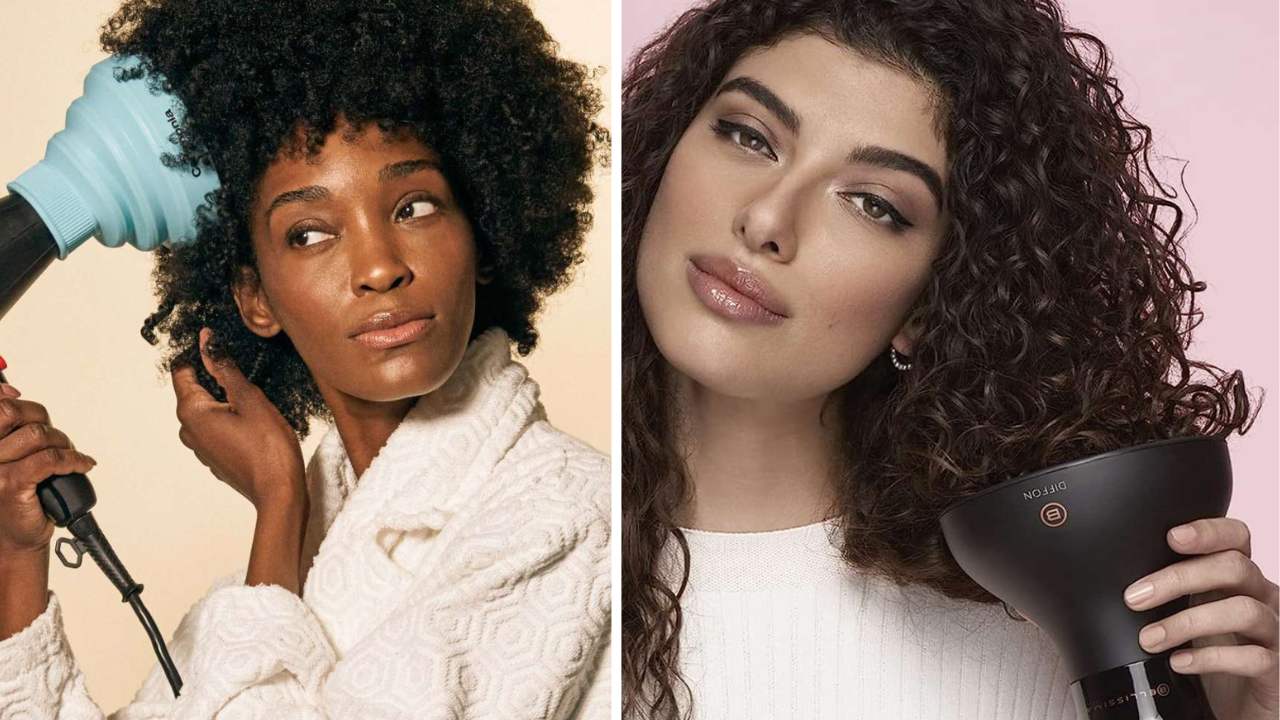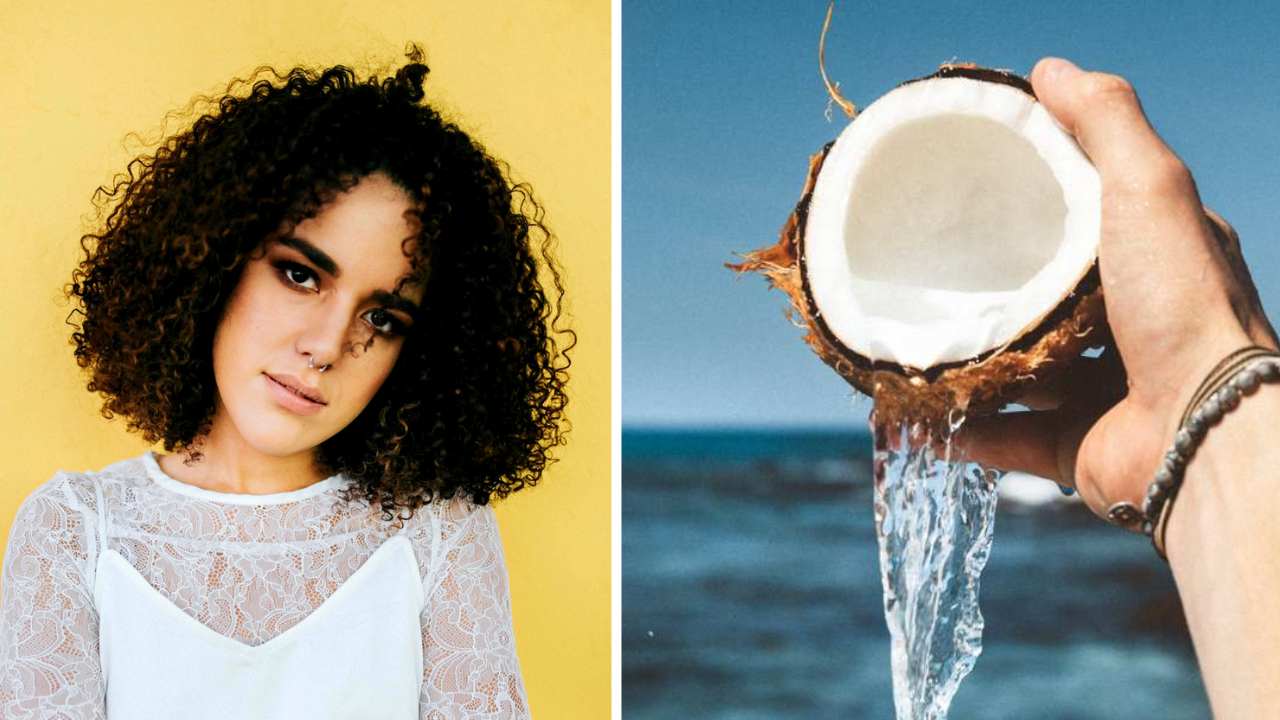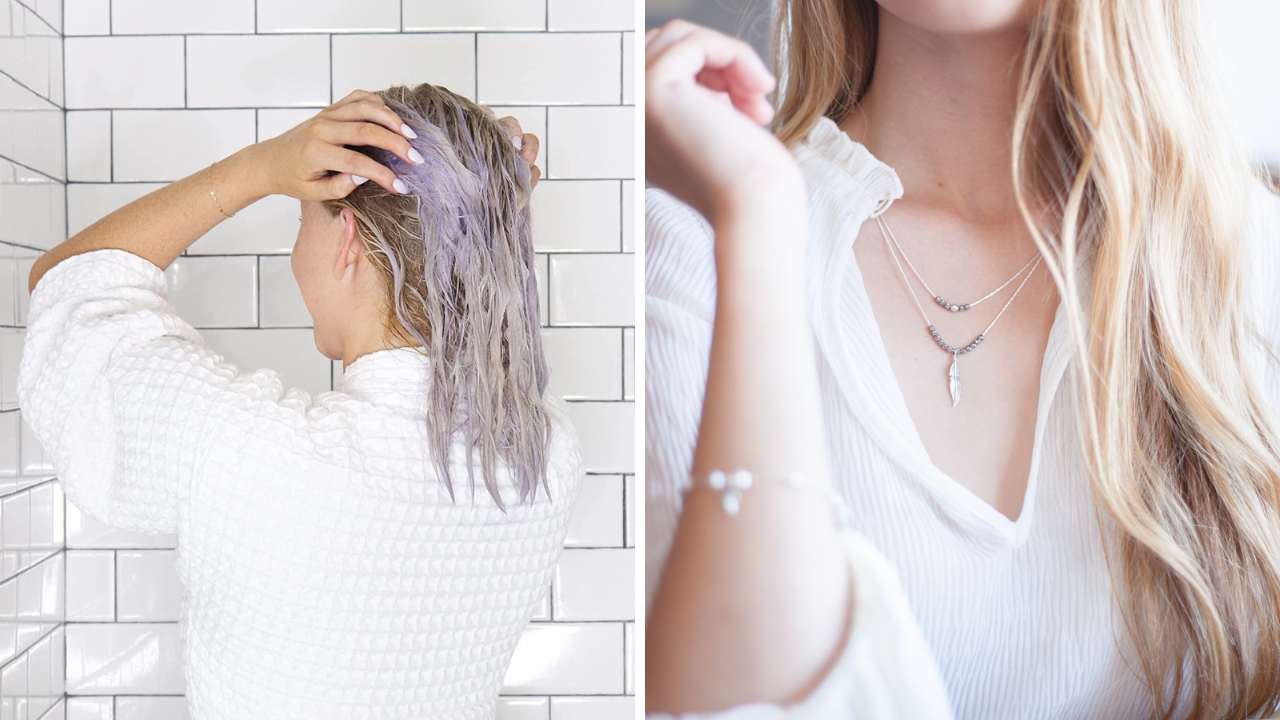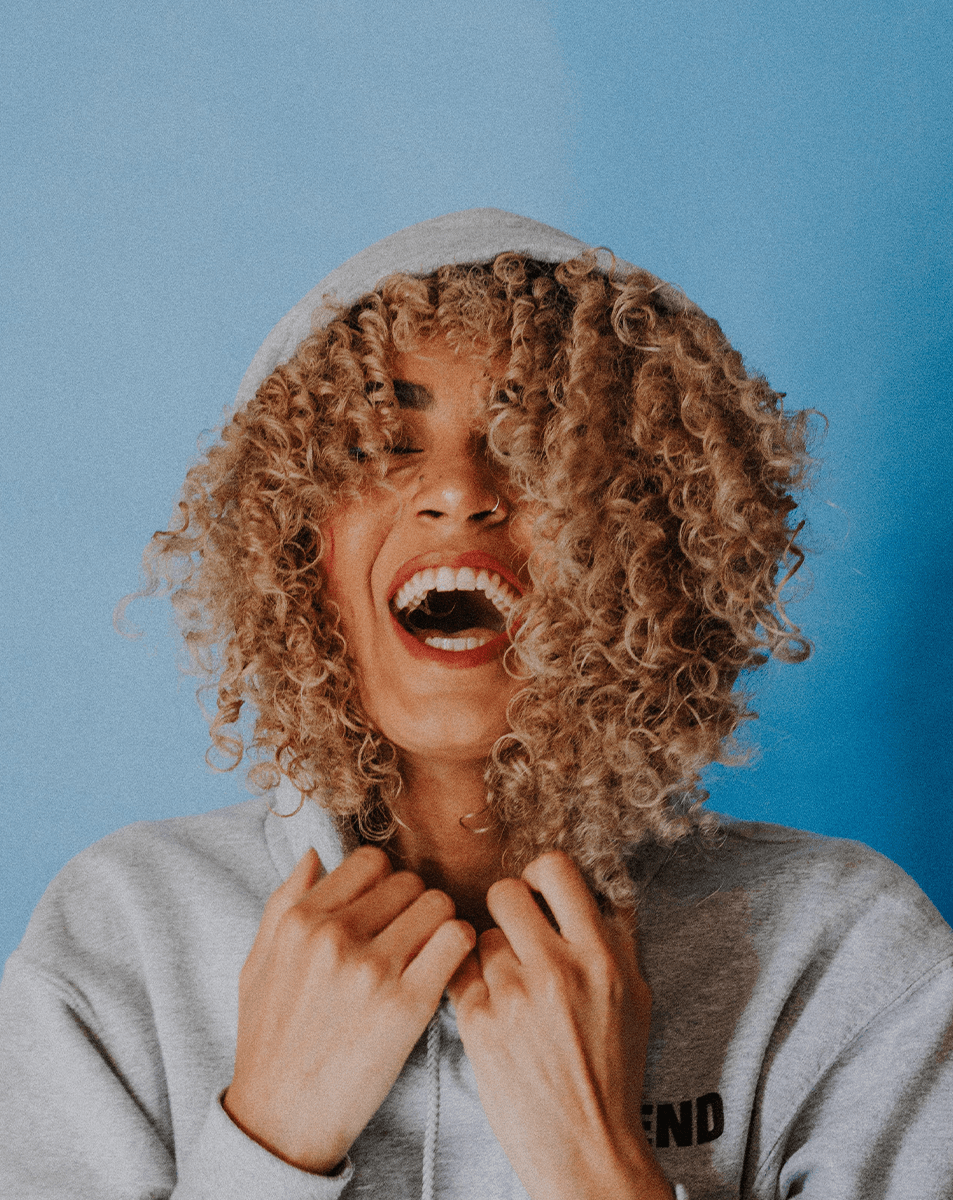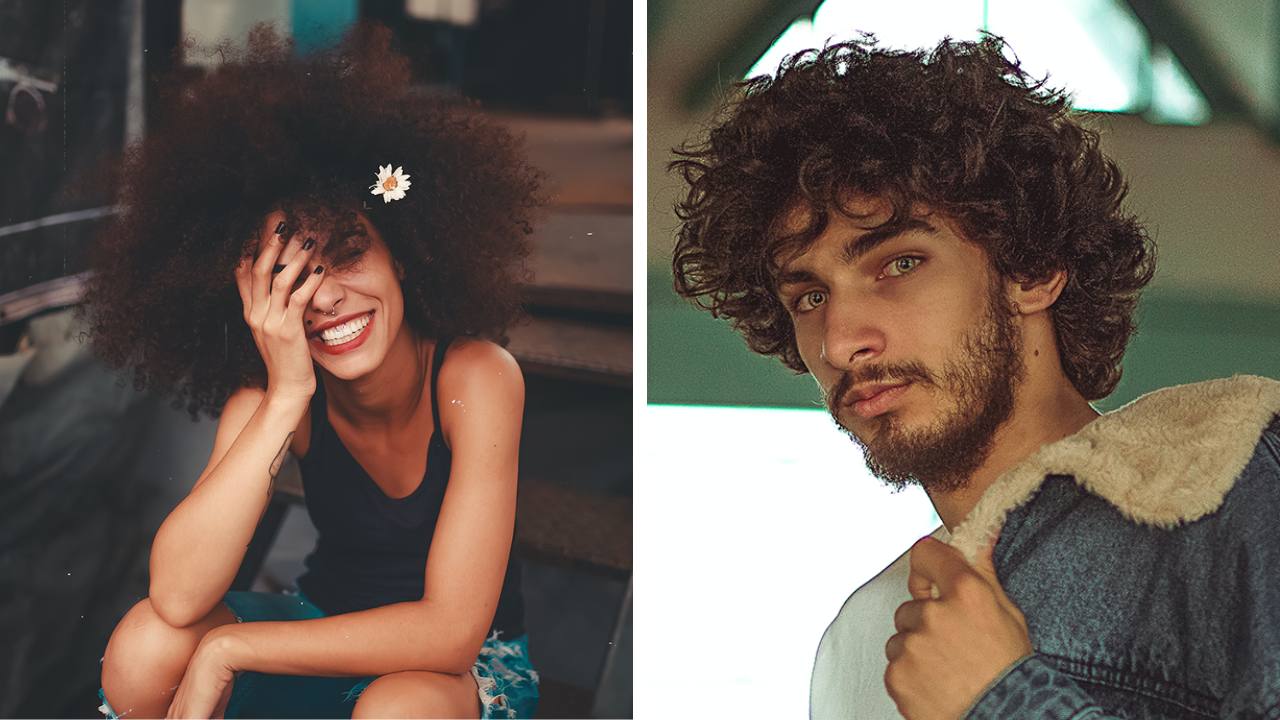
What Percentage of the World has Curly Hair & Other Curly Hair Facts!
Curly hair is often seen as a symbol of beauty and health, but there’s more to it than that. It's kind of a mystery, also. Different ethnicities have different textures of hair. And why is that? What triggers curly hair?
We've done our research and In this article we’re going to take a deep dive into everything you need to know about curly hair.
We’ll answer all of your burning questions, like “What causes curly hair?” and “What is the rarest hair curl type?” And finally "What percentage of people have curly hair?"
So sit back, relax, and get ready to learn everything there is to know about curly locks, how to get them and why so many people view curly hair as the most beautiful.
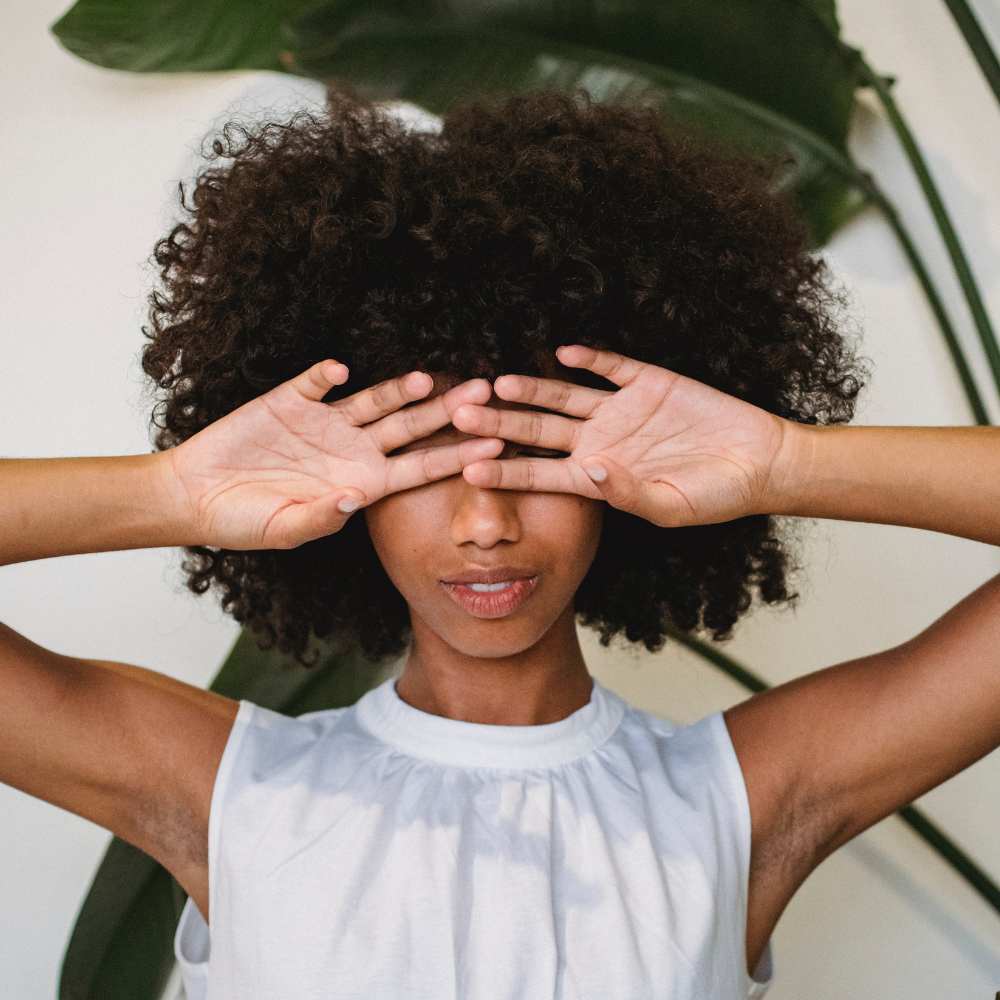
What Causes Curly Hair?
The genetics of hair curliness are complex and tangled - like a head full of curls!
While most people know that curly or wavy locks tend to be dominant in families and are caused by ethnicity, recent research points towards trichohyalin as the main player.
But don't let that fool you: numerous genes remain mysterious conspirators in this hairy mystery.
Even More Curly Hair Theories...
There are even more theories about what causes curly hair.
One theory is that curly hair is caused by a build-up of keratin on the scalp. When this happens, the hair shaft becomes twisted and curved, resulting in curly hair.
Another theory is that curly hair is caused by changes in the structure of the cortex, or inner layer, of the hair shaft. This could of course be due to genetics. But it could also be due to hormones, or even diet.
Does Curly Hair Come From the Maternal or Paternal Side?
This is a bit of a controversial topic, but most experts believe that curly hair is determined by genetics from both the maternal and paternal sides.
So if your mom has straight hair and your dad has curly hair, there’s a good chance you’ll have curly hair as well.
Curly hair is a heritable trait which can be determined by analyzing the gene for curly hair, known as the trichohyalin (TCHH) gene.
It is theorized that this gene has two variants, one from each parent, and the combined expression of these genes determines an individual's curl type.
Confused? Let Us Explain!
Allow us to elaborate! For example, if both parents have similar curls and their child inherits one copy of each gene variant, their child will likely have similarly curly hair.
On the other hand, if one parent has straight hair and another parent has curly hair and they pass down differing copies of this gene variant to their child then they could potentially express both straight or curly locks depending on how those genes combine with each other in the genome.
Interestingly enough though, research suggests that environmental factors such as diet or humidity might also play a role in shaping an individual's curl pattern regardless of genetics!
Is the Maternal or Paternal Gene More Dominant
It is impossible to determine which side of the family has a greater influence on curly hair, as like most inherited physical traits, it is determined by the combination of genetic material from both parents.
It’s likely that both sides contribute to curly hair patterns in varying degrees. Studies have shown that certain gene variants associated with curly hair appear more frequently in some families than others.
Results of a Scientific Study
A 2004 study published in the American Journal of Human Genetics found evidence for three major genes influencing human scalp curliness: trichohyalin (TCHH), fibroblast growth factor 5 (FGF5), and filaggrin (FLG).
Variations in all three genes were more common among individuals with wavy or severely curly hair compared to those with straight or only lightly curled strands.
Based on these findings, it could be argued that any one of these genes may have been passed down from either maternal or paternal ancestors—or even both—resulting in an individual’s final curl pattern.
But since this varies significantly between families and individuals alike, there isn't a clear-cut answer as to which side dictates dominant curls!
Is the Curly Hair Gene Stronger Than the Straight Hair Gene?
The answer to this question depends on the type of curly or straight hair in question.
The genetics behind curly and straight hair is complex, as several genes related to hair texture and curliness have been identified in recent years.
Generally speaking, however, it appears that most types of curly hair are caused by dominant genes, while those with wavier or straighter locks may have a more varied genetic makeup that involves both dominant and recessive genes.
The "Master Control" Genes
At a basic level, researchers believe that there are two “master control” genes responsible for determining whether an individual will have curly or straight hair: the Transforming Growth Factor Beta 1 gene (TGFA1) and the Hairless gene (HR).
TGFA1 is thought to be a dominant gene which makes it more likely for an individual's traits to be expressed if they possess it; individuals with HR tend to produce less collagen than those without it, making their hairs generally straighter.
Further research has found additional genetic variations within specific ethnic groups that may contribute to variations in curl patterns.
For example, African-Americans tend to have more tightly packed strands of naturally-curly hair due largely in part to an allele known as EDAR370A which is mostly exclusive among people of African descent.
This suggests that this particular allele contributes greatly towards curl pattern differences between Europeans and Africans — although other factors such as climate can indeed play a role too!
In short, different ethnic backgrounds carry their own unique set of genetic traits which could make one type of curl pattern appear “stronger” than another.
When taken into account alongside environmental influences like humidity levels etc., the answer becomes complicated but interesting!
Is Blonde Curly Hair Rare?
Yes, natural blonde curly hair is considered to be quite rare. According to a study from the UK's Institute of Psychology, only around 2% of caucasian hair worldwide have naturally blonde curls.
This low percentage can be attributed to the simple fact that not many people possess both curly and blonde hair.
Blondes tend towards straighter locks due to having less dense melanin in their follicles than brunettes or red-haired individuals, which makes it more difficult for curls and waves to form in their hair.
Additionally, since the gene responsible for blond hair was primarily developed up north in Europe where the climate tends to be much cooler and dryer (which doesn't support as much curl formation), this further contributes to why there are so few natural blonds with tight curls.
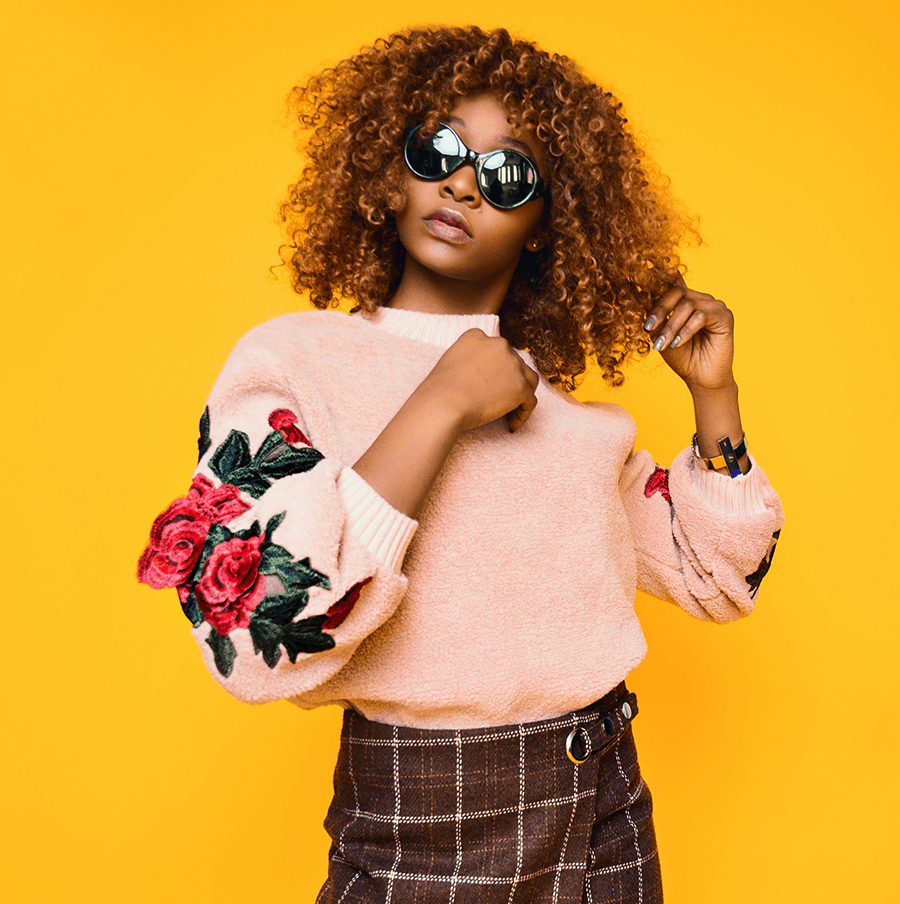
What Is the Rarest Hair Curl Type?
There are many different types of curls, but the rarest type is ringlets. Ringlets are small, tight curls that resemble coils and are referred to as Type 4C.
This curl pattern is usually found in individuals whose heritage is primarily of African descent. These tight curls on African hair tend to be more fragile than other curl types.
It may appear as coils or zigzag patterns, but generally has less definition than other curl patterns such as Type 4A or Type 3C.
While this clumped hair type can take some extra time and care to maintain, the end result can be absolutely stunning.
With the right products, styling techniques and patience, anyone with Type 4C hair can achieve beautiful styles that are truly unique and envied by many.
Who Loses Their Hair Easier, People With Curly Hair or Straight Hair?
This is another controversial topic, but most experts believe that people with straight hair are actually more likely to lose their hair than people with curly hair.
This is because straight hair follicles are taller and narrower than curly follicles, making them more susceptible to damage.
Can Asians Have Naturally Curly Hair?
Yes! Anyone can have curly hair regardless of their ethnicity - even Asian hair.
In fact, many East Asian people born with natural curly hair. This is due to their genetic background and the amount of melanin they produce, as well as environmental factors such as humidity and weather patterns.
East Asians typically have straight or wavy hair that range in length from extra short to very long, but some individuals may be born with distinctive curls.
These type of curls can range between tight coils to loose waves depending on the individual’s unique combination of genes and hormones.
All in all, there is no doubt that East Asian people can definitely have curly or wavy hair just like anyone else.
However, it is worth noting that Asians tend to have more straight and sleek hair than other ethnicities because of their higher levels of keratin.
Many Asians actually find their unruly straight hair undesirable as it is difficult to style. And their straight lashes are quite difficult to curl, even with the best eyelash curler.
Which Ethnicity Has the Most Curly Hair?
There are many different ethnicities with curly hair, but some of the most common are African American, Caucasian American, Hispanic American and Middle Eastern American. When these ethnicities have curly hair they also tend to have thicker hair.
Can Curly Hair Turn Straight Later in Life?
It’s possible for curly hair to turn straight later in life due to changes in hormones or diet. However, it’s also possible for straight hair to turn curly due to these same changes. So really, anything can happen!
What Percentage of The World Actually Has Curly Hair?
This is a difficult question to answer because there isn’t much reliable data on global hair trends. However, some estimates put the percentage of people with curly hair at around 65%.
This means that almost 7 out of 10 people have at least some curl in their hair. So, if you have naturally straight hair, you should consider yourself quite unique!
How Should I Care for Curly Hair?
There are several things you can do to care for your curly hair. First use a curl activator to style your hair. This will define and show off your curls!
Secondly, use a hair dryer and hair diffuser designed for curly hair. You want to make sure you use one with a low heat setting so you don't fry your hair.
Also, deep condition your hair with a hair mask or hair butter containing coconut oil or shea butter every one to two weeks.
If you want to try to grow your hair longer, try doing rosemary oil treatments on your scalp. This will stimulate hair growth.
Finally, always sleep with a silk or satin pillowcase. Using a special pillowcase like this will prevent damage and dryness while you sleep!
So Curly, So Fabulous!
There you have it! Everything you need to know about curly haired boys and girls and why they are born that way.
We hope you learned something new about human hair and that you now have a better understanding of this complex topic.
If you have curls you definitely need a curl activator to make them look their best. We went looking for the best ones you can buy. Tap the button below for our favorite curl activators!



